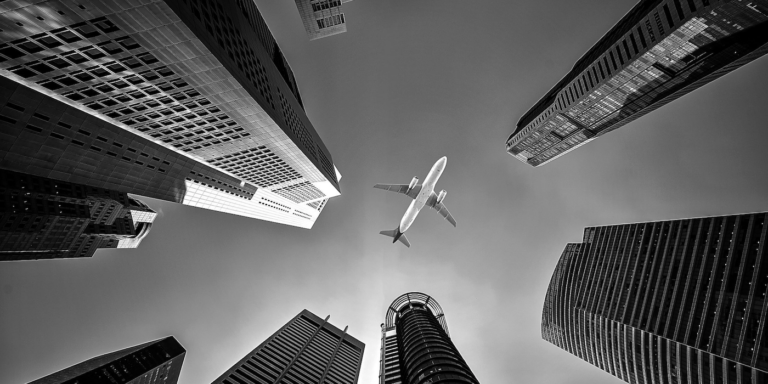After struggling with the pandemic for more than two years, the aviation industry is set to rebound – with the fleet growing 4% per annum over the next 10 years, according to Oliver Wyman’s Global Fleet & MRO Forecast 2022-2032. But as pent-up global demand pushes air travel to pre-pandemic levels by 2023, the industry will once again have to confront rising carbon dioxide emissions and its lack of immediate solutions to reduce them.
Key findings for the 2022-2032 report include:
• The global fleet is set to grow to 38,100 aircraft by 2032 – a compound growth rate of 4.1% over the decade
• Narrowbody aircraft will make up a larger share of the fleet – 64% in January 2032 versus 58% in January 2020 – as the slow recovery of international traffic after Covid-19 is depressing the number of widebodies in service
• The fleet won’t reach its pre-pandemic peak of almost 28,000 until the first half of 2023
• The dedicated global cargo fleet grew 3% and conversions of passenger aircraft to freight (P2F) carriers broke records, thanks to a double-digit expansion in demand with the Covid-related explosion in online shopping and the loss of cargo belly capacity
• The MRO sector is being redefined by a fleet in transition, as airlines begin to take delivery of new, highly fuel-efficient narrowbodies and attempt to weed out older aircraft that will need intensive maintenance sessions
• By 2030, MRO demand is expected to reach US$118 billion, 13% below the pre‑Covid forecast of $135 billion, showing the lost growth from Covid
There is optimism that the industry has turned the corner and is now on an upward trajectory, but the next 10 years will be filled with a multitude of challenges that will test the industry’s resilience unlike ever before.
No easy climate change solution
Aviation accounted for about 2.3% of total carbon dioxide emissions in 2021 – much less than road transport. But the ability to transition to electric vehicles over the next 10 years is likely to reduce road transport’s share and push aviation’s up – potentially increasing pressure on the industry.
Aviation has no easy fix, despite decades of increasing the fuel efficiency of aircraft. While research and development are underway on the use of hydrogen and electric engines as substitutes for conventional fossil fuel-powered aircraft, those revolutionary propulsion systems are at least 15 to 20 years away from commercial production. And the one alternative – sustainable aviation fuel (SAF) – doesn’t have enough production capacity or the right economics to work for either airlines or SAF producers.
As unimaginably bad as Covid-19 has been for aviation, the challenge of the next decade may be almost as disruptive. The industry needs smart strategies to get itself in a better position by the 2030s.
About Oliver Wyman
Oliver Wyman is a global leader in management consulting. With offices in 70 cities across 30 countries, Oliver Wyman combines deep industry knowledge with specialised expertise in strategy, operations, risk management, and organisation transformation.





